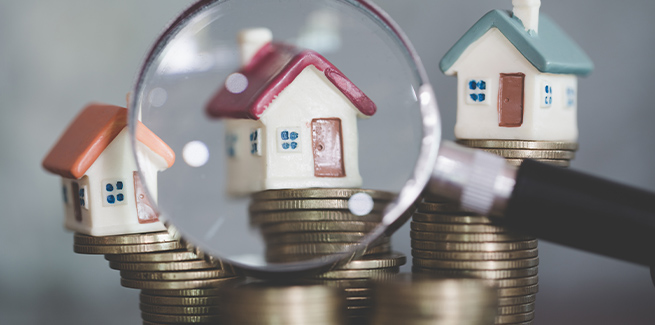Latest data from Knight Frank’s Global House Price Index has revealed Australia has taken the top spot with annual price growth of 17.5 per cent over the 2021 calendar year.
The international annual growth index showed it achieved higher real price growth (adjusted for inflation) than Turkey (17.3 per cent), Czech Republic (16.4 per cent), and New Zealand (15.7 per cent), which sits against the backdrop of average global property price increases of 10.3 per cent.
Turkey still ranked number one with respect to nominal price growth, achieving gains of 59.6 per cent over the 12-month period, thanks to inflation of 36 per cent.
Knight Frank’s report authors noted that “whether tracking nominal or real prices the top five performers remain the same, their order simply shifts, these include Turkey, New Zealand, Czech Republic, Slovakia and Australia”.
Looking to nominal terms, Australia was down in fifth spot, reporting nominal price growth of 21.8 per cent behind New Zealand (22.6 per cent), Czech Republic (22.1 per cent), and Slovakia (22.1 per cent).
Reflecting on Australia’s rankings, Knight Frank Australia head of residential research Michelle Ciesielski said the stability of residential property and its status as a safe haven “continues to appeal and is one of the reasons why Australia has seen significant growth in values over the past year”.
While 2021 was clearly a great year for Australian real estate – and the top five more generally – a number of other countries are losing steam.
On a global scale, the fourth quarter of 2021 did mark “the first time we have witnessed a slowing rate of annual growth since the start of the pandemic”, according to the report.
Real price growth had moderated from 6.2 per cent in Q3 to 4.7 per cent in Q4.
It’s a trend that could be headed for Australia, with Ms Ciesielski conceding “we’ve now reached a point where the Australian housing market has become fatigued, after riding significant growth in values on the back of an economic rebound”.
Highlighting that the country is now grappling with global uncertainty, a natural disaster and an upcoming federal election, she still sees growth in the asset class on the horizon – in spite of the rental crisis that’s set to worsen over the next three years.
If anything, that imbalance between demand and supply “could result in further growth in prices of up to 8 per cent by the year’s end”, she offered.
[Related: HIA unveils Australian affordability imperatives]
 ;
;
